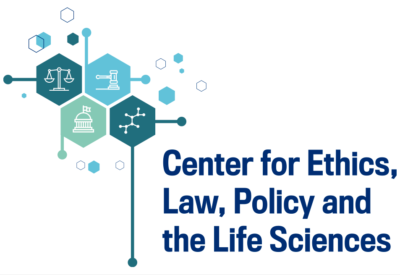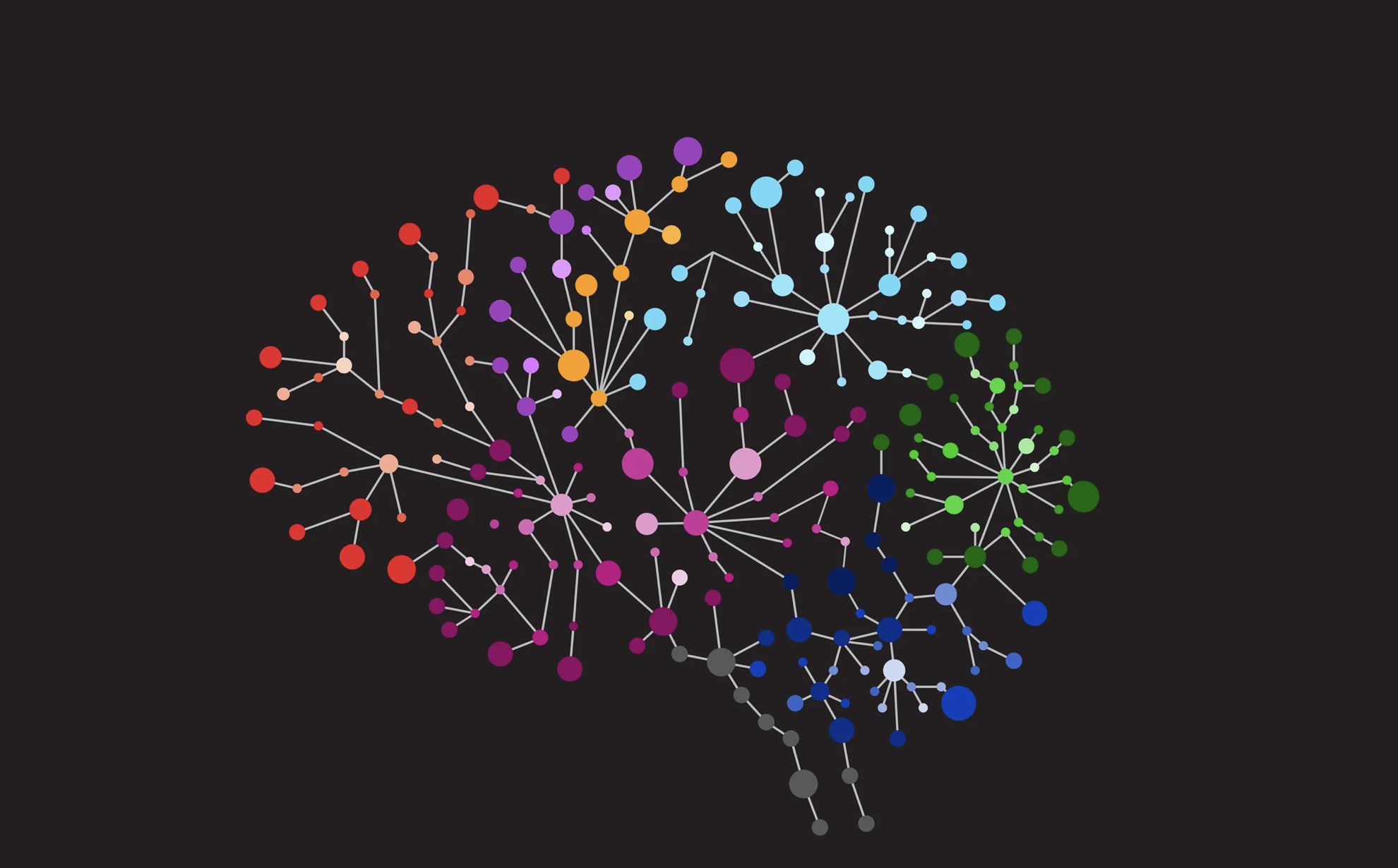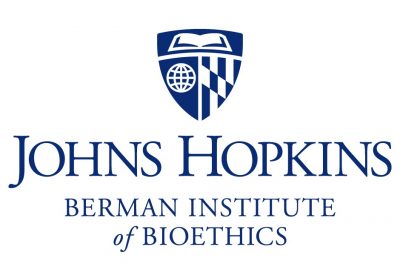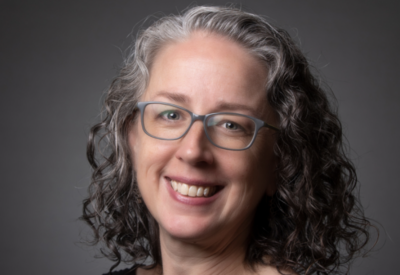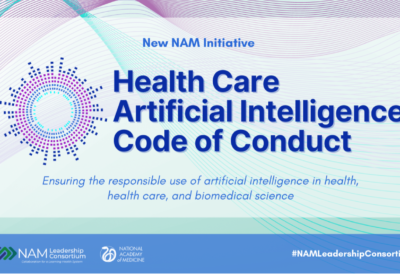Biomedical discovery is at the heart of human progress.
Where advances are made, serious ethical questions are raised about the morality, safety, and consequences of emerging science. The Berman Institute is at the forefront of national and global academic and public policy debates surrounding these questions.
